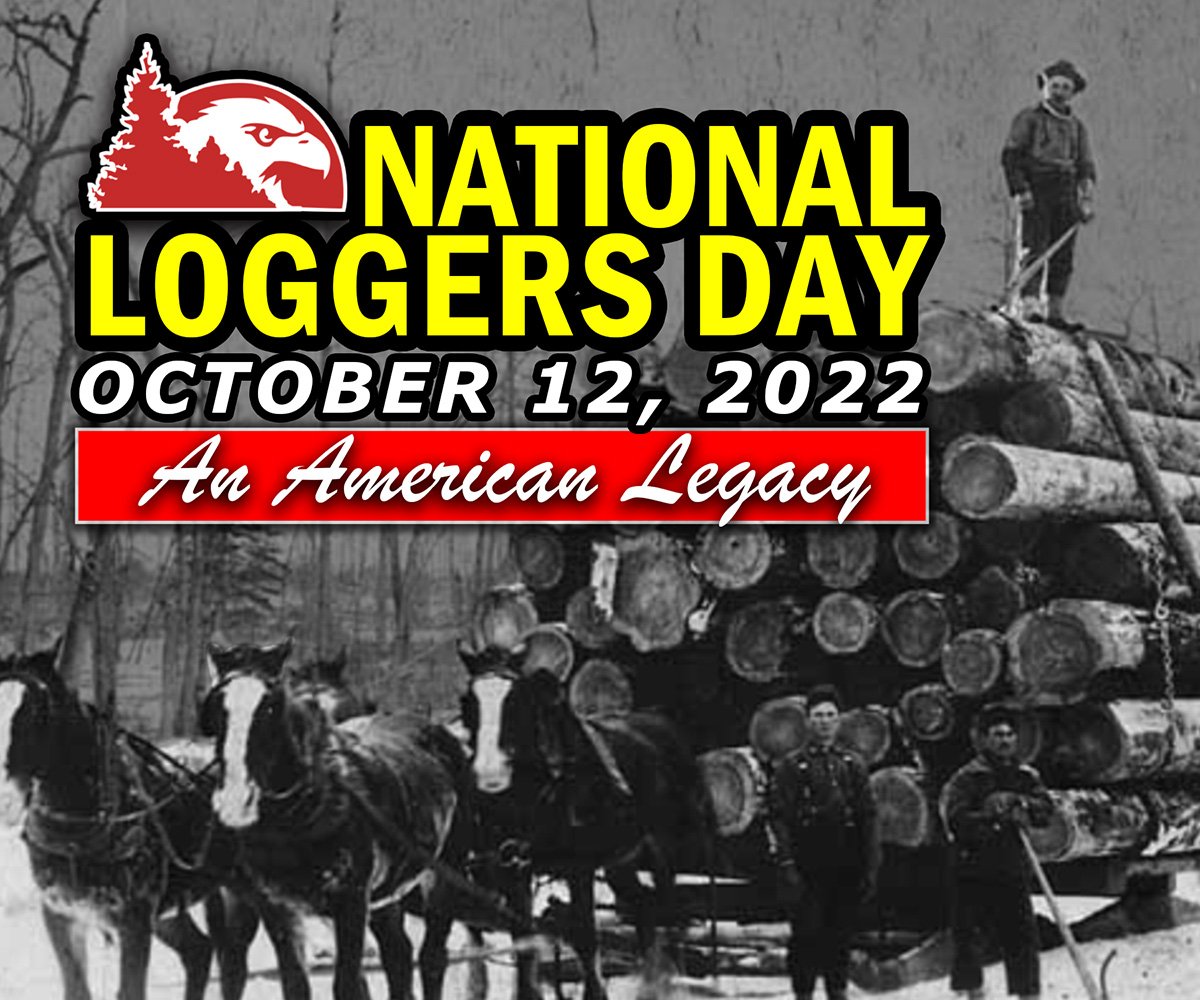WASHINGTON DC — Congressman Jared Golden (ME-02) and Senator Susan Collins (R-ME) today introduced the bicameral, bipartisan Loggers Economic Assistance and Relief Act, which would establish a new U.S. Department of Agriculture program to support loggers who have lost income due to natural disasters.
Congressman Pete Stauber (MN-08) is the lead co-sponsor in the House. Senator Angus King (I-ME) and Congresswoman Chellie Pingree (ME-01) are cosponsors of the legislation.
Current law excludes loggers from the kinds of disaster relief and assistance available to other industries, including fishermen and farmers, when natural disasters strike. Under the Loggers Economic Assistance and Relief Act, a disaster declaration from the president or respective governor would unlock federal assistance eligibility for logging businesses with at least a 10 percent loss in revenue or volume compared to the prior year. Covered damage would include high winds, fire, flooding, insect infestation and drought.
“Loggers have faced a series of unrelenting challenges in recent years, and uneven access to disaster assistance is among the most artificial,” said Golden, who authored the legislation. “These businesses are pillars for some of Maine’s most rural communities, and we simply cannot afford to lose them. Protecting these jobs ensures that future generations can continue to make a consistent living in the woods. I’m grateful to have so many of my colleagues join this important effort.”
“Throughout Maine’s history, our forest products industry has supported good-paying jobs, driven local economies and strengthened rural communities,” said Senator Collins. “Loggers were already facing significant headwinds due to a changing 21st century economy and recent price instability, and the recent damaging storms only compounded those challenges. This bipartisan legislation would provide much-needed financial support to loggers who have suffered losses as a result of natural disasters.”
“In Minnesota’s Eighth Congressional District, our forest products industry has created good-paying jobs and driven our local economies,” Stauber said. “Unfortunately, this crucial industry is currently facing a wide variety of threats, from wildfires and drought to insect infestation. Minnesota’s loggers have supported our communities for generations and it is now our turn to support them. That’s why I am proud to introduce legislation with my friend, Congressman Jared Golden, to establish a new program through the USDA that will provide financial assistance to timber harvesting and timber hauling businesses that have seen their bottom line impacted by natural disasters. I look forward to seeing this legislation help ensure Minnesota’s forest products industry remains strong and resilient.”
Last December, Maine’s logging industry lost $2.6 million after particularly damaging winter weather. A survey released by the Professional Logging Contractors of the Northeast in January found that more than 90 percent of the industry’s businesses suffered damage to equipment or logistics from the December 18 storm alone. In total, Maine’s economy lost $5.5 million due to the loss in logging revenue and productivity.
“Logging has been fundamental to the success of our state for centuries — creating good jobs, supporting working families and providing essential economic activity across rural areas,” said Senator King. “The Loggers Economic Assistance and Relief Act would ensure that any disaster declaration by the President or Maine’s governor would unlock federal disaster assistance eligibility for these critical Maine businesses. As a new generation of Maine people consider careers in logging, and as we see the catastrophic impacts of these storms, this bill will ensure that the logging industry remains a stable source of income — and our state’s culture — for generations to come.”
“The logging industry is a critical pillar of Maine’s economy and history, supporting jobs and rural communities for centuries. Several recent devastating storms in our state highlighted the urgent need to address gaps in our federal disaster response and support for loggers,” said Pingree, a member of the House Agriculture Committee. “By establishing a new program within the Department of Agriculture to support loggers facing losses due to natural disasters, our bipartisan, bicameral Loggers Economic Assistance and Relief Act will help this vital industry survive whatever future storms or challenges may come.”
Logging industry leaders praised the bipartisan legislation:
Dana Doran, executive director of the Professional Logging Contractors of the Northeast: “Northeast logging contractors have been hit hard with an unprecedented series of weather challenges over the past eighteen months. This has triggered expanded state regulations, which impede harvesting and hauling for long periods of time. While this has created an environmental success story, it has also created an economic disaster due to no fault of the logging community. As a result of these challenges, we have discovered there is no federal relief for logging and trucking companies due to natural disasters. We want to thank Congressmen Golden and Senator Collins for leading this effort to secure relief for these hard-working small family businesses, and we urge swift passage to provide relief and finally treat logging and trucking the same as farming for the first time in history.”
Scott Dane, executive director of the American Loggers Council: “The timber/forest industry is a commodity-based sector similar to farming. Loggers are farmers of the forests. They are included in the U.S. Department of Agriculture, within the U.S. Forest Service. However, unlike all other agriculture-based commodities, loggers have no support when their “crop” is damaged or destroyed by natural disasters such as hurricanes, wildfire, floods, disease, and drought. This legislation will provide assistance to loggers impacted by natural disasters by providing the same type of assistance that all other agricultural sectors receive. The American Loggers Council commends Congressmen Golden and Stauber and Senator Collins for sponsoring and introducing this bipartisan legislation.”











